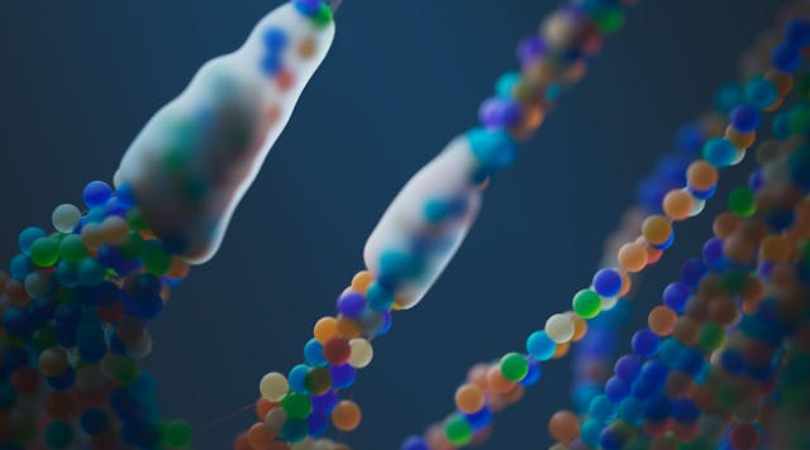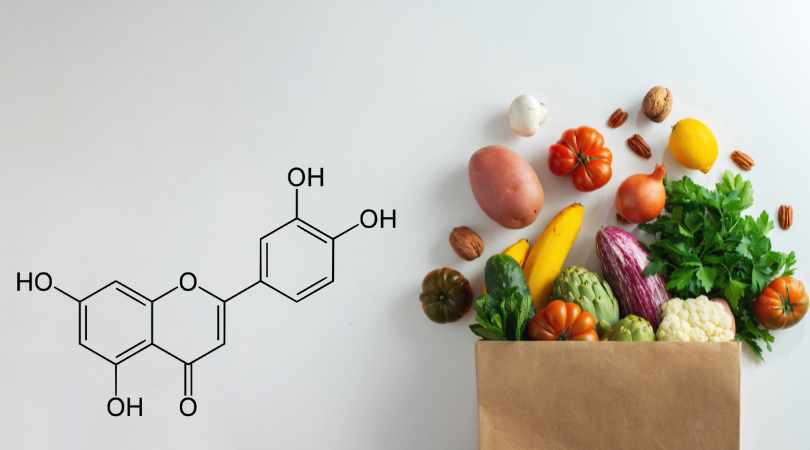Scientists have successfully restored the lost uricase enzyme, a key breakthrough in combating fructose-induced fat formation. This discovery offers new hope for preventing obesity and metabolic disorders by targeting how the body processes sugar and stores fat.
Limited Quantities Available! Order Today and Enjoy Free Shipping on Orders Over $100!
Ketosis
A fat-burning state triggered by carb restriction—often blocked by fructose metabolism and low mitochondrial function.
Ketosis Thrives on Clean, Efficient Energy
Reaching ketosis is hard. Staying there is harder—especially when hidden metabolic stress disrupts your cellular energy.
Fructose metabolism depletes ATP, increases uric acid, and can block fat oxidation—making it harder for your body to generate and sustain ketones. Even on a low-carb diet, internal fructose production from stress or high salt can quietly undermine ketosis and drive cravings.
SugarShield supports cleaner energy production by helping the body manage the downstream effects of fructose metabolism. Whether you're fasting, keto-adapted, or just starting out, it can help sustain the clarity, energy, and fat-burning edge that ketosis promises.
What is Ketosis?
Ketosis is a metabolic state where the body burns fat for fuel instead of carbohydrates. It produces molecules called ketones that provide energy to the brain and muscles—common in low-carb or fasting regimens.
Benefits of Ketosis
- Improved fat burning
- Reduced cravings
- Better focus and mental clarity
- Enhanced metabolic flexibility
Fructose Disrupts Ketosis
Fructose metabolism:
- Produces uric acid, which suppresses AMPK (a fat-burning switch)
- Inhibits mitochondrial enzymes required for ketone production
- Increases liver fat, which blocks ketone synthesis
This means fructose may prevent or blunt the benefits of ketosis—even in those following a low-carb diet.
How LIV3 Supports Ketosis
SugarShield helps by:
- Blocking fructokinase, preventing the metabolic derailment
- Reducing uric acid, restoring mitochondrial function
- Supporting deeper, more consistent ketone production
It's an ideal complement to ketogenic and fasting protocols—targeting the hidden factor that often holds people back."






